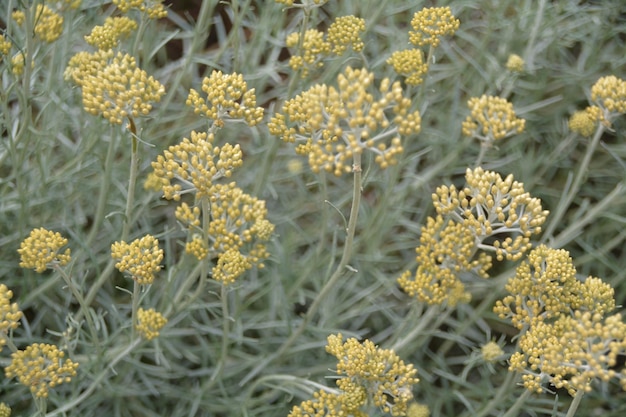## How Does Hoodia Work?
Research into Hoodia gordonii began in the 1960s, but it wasn’t until 1977 that the active ingredient responsible for appetite suppression, known as P57, was identified by the South African Council for Scientific and Industrial Research. P57 is an oxypregnane steroidal glycoside that increases the quantity of adenosine triphosphate (ATP) in the body.
ATP is a molecule that releases energy used by the body during metabolic processes. When ATP levels are high, the hypothalamus sends a signal to the brain, indicating that you’ve had enough food, making you feel “full.” Hoodia works by tricking the body into feeling satiated, reducing appetite and caloric intake. While glucose also raises ATP levels and suppresses appetite, P57 has the benefit of containing no calories.
## Hoodia Clinical Studies
Hoodia gordonii has not only been used historically and gained popularity among naturopaths but has also been the subject of various clinical studies. These studies support the claim that hoodia suppresses appetite and suggest it could be an effective tool for weight control when combined with caloric restriction and a healthy lifestyle.
David MacLean, MD, an adjunct associate professor at Brown University and former researcher at Pfizer, published a study in the September 10, 2004, issue of Brain Research to determine if P57 affects the amount of hypothalamic ATP in the body. In his study, MacLean collected the hypothalamuses from a group of fetal rats. He then injected another group of rats with P57 directly into their brains and collected their hypothalamuses 24 hours later. Comparisons showed that rats injected with P57 had increased ATP levels in the hypothalamus by 5-150%.
Furthermore, another segment of MacLean’s study involved injecting P57 into the third ventricle of the brain. In these rats, ATP levels rose by 40-60%, and their food consumption over the next 24 hours decreased by 50-60%.
Richard M. Goldfarb, MD, the medical director of Bucks County Clinical Research, conducted a small, unpublished study on DEX-L10, a Hoodia-based nutritional supplement available in 500 mg capsules. Goldfarb’s study included seven overweight participants instructed to take two capsules daily alongside a balanced breakfast and multivitamin. Participants did not change any other diet or exercise habits.
After the 28-day study, results were impressive: most participants reported a reduction in caloric intake within days, meaning they ate less food. Since Hoodia contains no stimulants, none of the participants experienced the adverse side effects commonly associated with stimulant-based weight loss drugs. On average, participants saw a 3.3% reduction in body weight, with a median weight loss of ten pounds. Goldfarb noted, “After just a few days, we saw participants cut their calories in half and not desire additional food.”
## Weight Loss Benefits of Hoodia
A major challenge in weight loss is breaking bad eating habits, which may include excessive snacking, late-night eating, overeating, making poor food choices, or a combination of these behaviors. Many people struggle to “shut off” their appetite. Incorporating an appetite suppressant like Hoodia into a comprehensive weight loss plan that includes a balanced diet and exercise may help you eat less and force your body to utilize stored fat and energy, promoting weight loss.
Due to its efficacy, Hoodia has become widespread in the marketplace, with some supplement and cosmetic companies offering substandard quality products in a bid to make quick profits. Therefore, it’s crucial to ensure that the Hoodia you use comes from reputable sources and is verifiably organic or wild-crafted under organic conditions.

